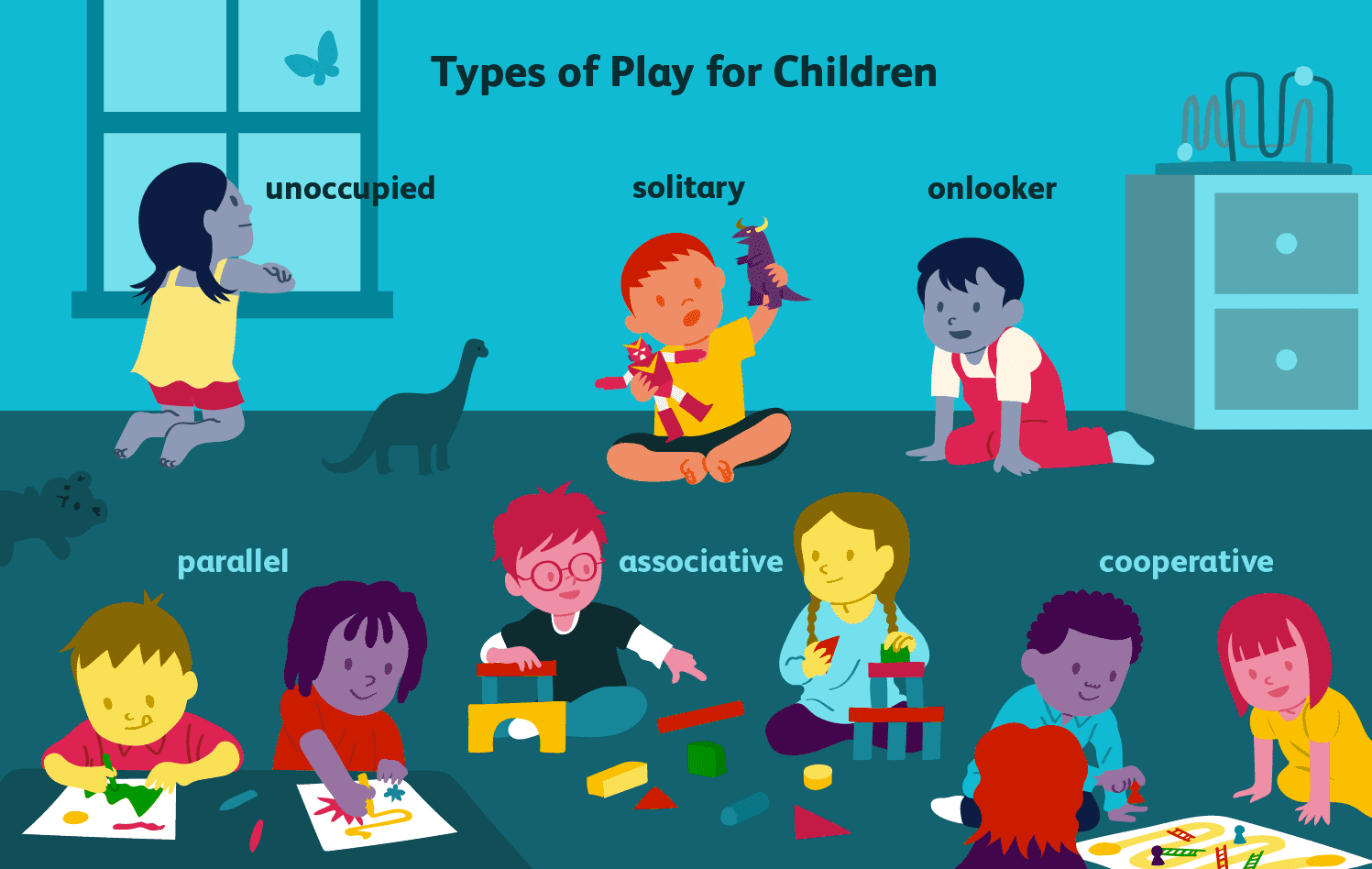
Nurturing Early Development: The Power of Your Child's Engagement in the Early Years
The Early Years and Development
Are you ready to embark on a journey through the fascinating realm of early childhood development? These are the crucial years when your child's growth truly takes flight. From birth to age five, your little one experiences an astonishing voyage of learning, exploration, and discovery. As a parent or caregiver, you are the captain of this incredible ship, guiding your child through this remarkable adventure. In this article, we'll delve into the profound impact of your child's engagement during these early years, underpinned by valuable UK-specific references, to unveil the foundation for a lifetime of learning and growth.
The early years are often hailed as the most formative stage of your child's life, and with good reason. It's during this period that the bedrock of skills and abilities is established, setting the stage for their future development.
Cognitive Development:
Your child is born with an innate curiosity and a rapidly developing brain. Engaging with your child through activities like reading, singing, and interactive play has a significant impact. According to a study by the National Literacy Trust in the UK, children who are read to regularly in the early years tend to develop more advanced language skills, setting a strong foundation for their academic journey.
Social and Emotional Development:
Emotional bonds with you, siblings, and close family members play a crucial role in your child's social and emotional well-being. Research by the University of Cambridge highlights that children who experience secure and loving relationships during their early years tend to be more emotionally resilient and form healthier relationships later in life.
Physical Development:
The early years mark a period of rapid physical growth. For your child's physical development, engagement with stimulating environments, both indoors and outdoors, is vital. Research from Public Health England suggests that children who have regular outdoor playtime develop stronger gross and fine motor skills, ensuring they meet those important developmental milestones.
The Role of External Parties in Early Development
External parties in the early years include you, family members, and early childhood educators. These relationships are pivotal in shaping your child's development.
You, the Parent:
As a parent or caregiver, your role is pivotal in your child's early development. Your responsive caregiving, providing for your child's needs and showering them with affection, forms the basis for secure attachment. Research from the University of Bristol emphasizes that children with secure attachments tend to have higher self-esteem and better mental health outcomes.
Early Childhood Educators:
For children who attend nurseries or preschools, the quality of interactions with early childhood educators is of utmost importance. Research by the Department for Education in the UK has shown that high-quality early education can significantly boost a child's cognitive and social development, giving them a head start in their educational journey.
The Power of Play - A Data-Backed Perspective
In the early years, play is the key to engagement with the world, and it's a powerful tool for learning and development.
Imaginative Play:
Imaginative play allows your child to explore their creativity, problem-solving abilities, and social skills. Activities like make-believe games, role-playing, and storytelling are essential for cognitive development.
Outdoor Play:
Outdoor settings provide opportunities for physical activity and sensory exploration. A report by Natural England shows that time spent in nature improves attention spans, reduces stress, and supports overall well-being.
Peer Play:
Interactions with peers in playgroups or preschool settings introduce your child to the complexities of social relationships. Learning to share, cooperate, and resolve conflicts are valuable life skills.
Balancing Engagement and Screen Time
In today's digital age, screen time is a part of your child's world. While carefully monitored and age-appropriate use of technology can offer educational benefits, it should be balanced with real-world engagement.
In summary, child engagement in the early years is the cornerstone of lifelong development. During this period, the foundations of cognition, social and emotional well-being, and physical abilities are established. By understanding the significance of these formative years and promoting a balanced approach to your child's engagement, you provide them with the best possible start in their journey of lifelong learning and development. So, relish this magical time with your child, and together, let's witness their incredible growth, nurtured by your boundless love and support.